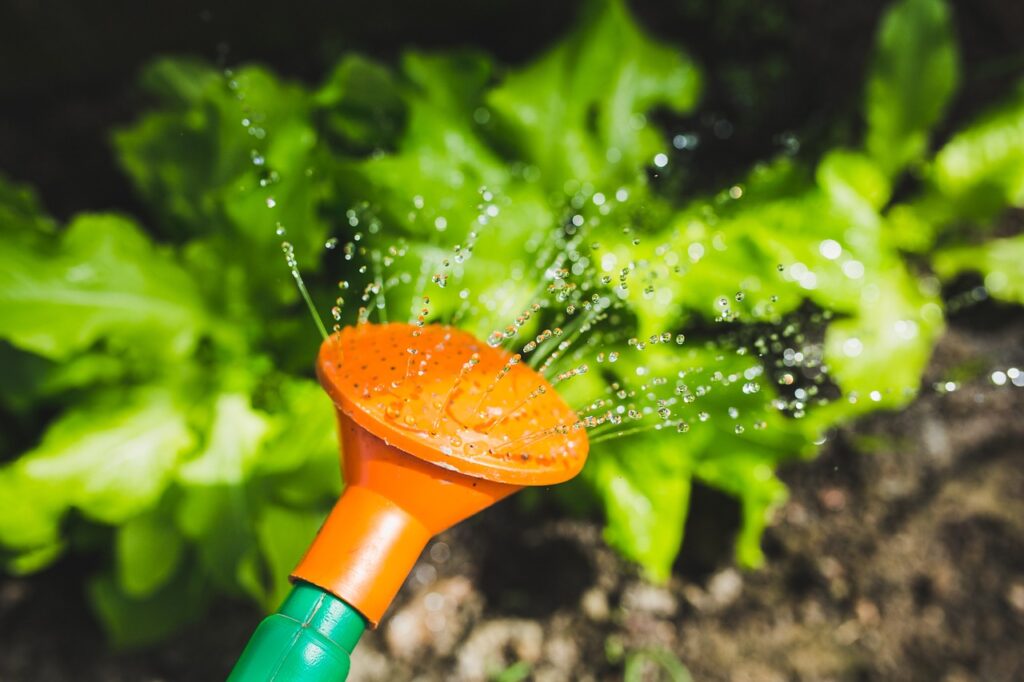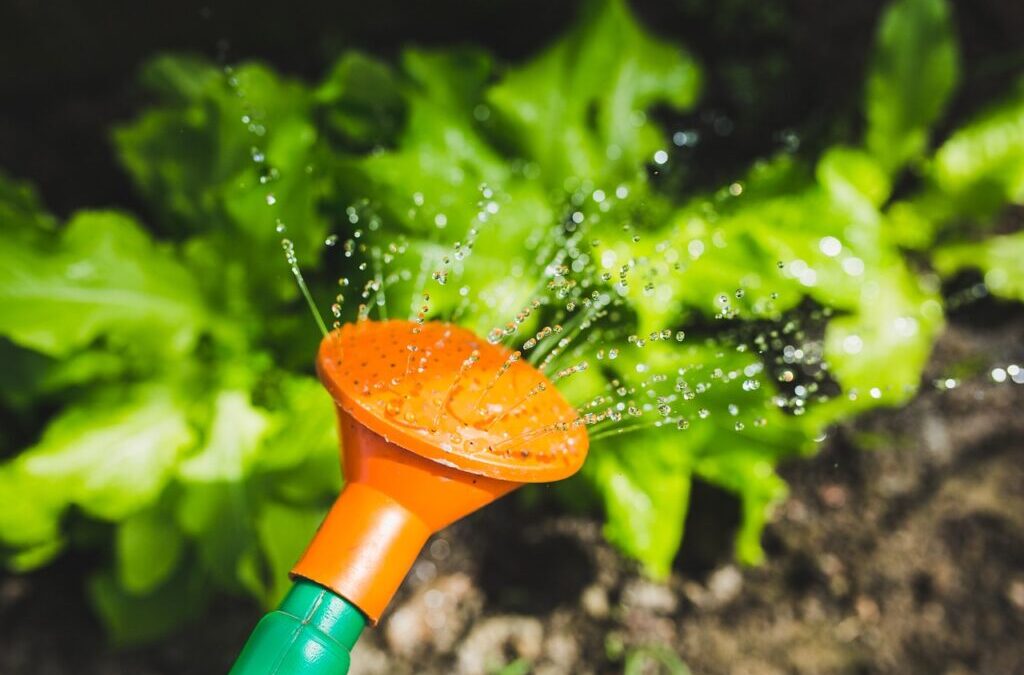Denver Water customers received news last year that the pH of the water delivered to them by Denver Water would be adjusted from near neutral (pH 7.5) to slightly more alkaline (pH 8.5), which began in Spring 2020.

The motivating reason for this change is for improved human health, which is highly commendable (more alkaline water is less prone to leach lead from pipes into people’s drinking water; lead is toxic to human health).
But, this announcement has many in the Landscape Industry wondering what impacts this may have on irrigating landscape plants, as well as indoor plants, and how it may affect water conveyance equipment (irrigation systems, etc).
A cursory investigation via the internet seems to indicate that the possible impacts from higher pH water on irrigation systems and the plants that receive that more alkaline water are:
- Increased mineral deposits on irrigation equipment as well as pots, planters, etc. For drip emitters this can be very problematic as the water emits at such a low and slow rate that calcium scale build-up could end up clogging the emitters.
- Reduced absorption of minerals and nutrients by the plants.
Most of the soil pH in Colorado’s Front Range are alkaline, so it is possible that this increase in pH will have little or no effect on plants that are already suited or adapted to the native soils of our area. But for plants that don’t do well in alkaline soils, will this more alkaline water be the factor that pushes those plant over the edge? Is this such a bad thing if those plants aren’t suited for our soils (and climate) to begin with?
What are some actions you can take to mitigate the problems of more alkaline water?
- Water more deeply and less often. Frequent and shallow waterings may cause more build-up of salts and minerals like calcium.
- Use alkaline adapted plants in your landscape rather than plants that need acidic soils. Generally speaking, most native plants for our region (Colorado’s eastern Front Range) are well adapted to alkaline soils.
- Check your irrigation equipment for hard water scale build-up. Clean or replace drip emitters that are clogged with scale to ensure proper water flow.
- Add Acidifying materials to the soil, like granules available from garden stores? Some experts seem skeptical of this method, saying it is very difficult to have much impact on the total alkalinity of our native soils.
- Add more organic matter such as compost? Aside from most xeric adapted plants as well as plants native to our region, many of the standard landscape plants benefit from added compost for multiple reasons. Adding compost to soil can lower the pH (more acidic) as well as aid in water retention, soil texture and provide nutrients to plants.
You may wonder if softening your water via chemical means is a good option. Several experts say this is not a good way to lower the pH of the water for plants because softened water has higher salt content, which is also problematic for plant health.
Some articles sourced on the internet mention lowering the pH of the water you irrigate your houseplants with, by adding vinegar. This may work for a small watering can used on houseplants, but for landscape plants this is simply impractical. Could an in-line fertigation system be used with an acidifier such as vinegar on landscapes? We here at ODG are uncertain about this option, but it seems like an intriguing, if also risky, option.
Time will tell how our landscapes react to the increased alkalinity of our water supply. We hope the effect is minimal, because gardening in our high altitude semi-arid climate is challenging enough as is!
This is the official blog of Outdoor Design Group, Colorado Landscape Architects. For more information about our business and our services, click here.

